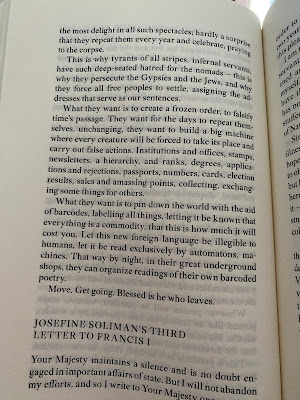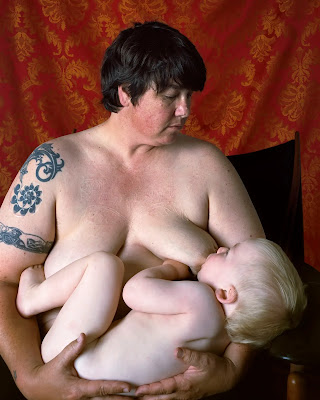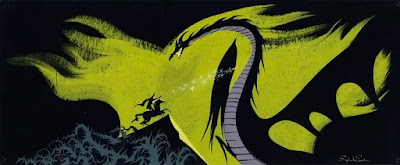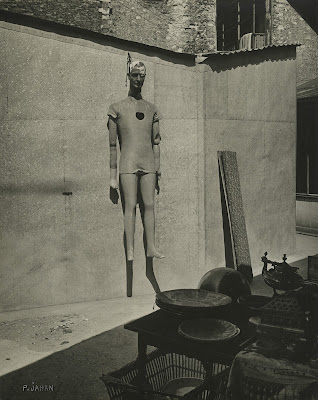- Sympathy for Lady Vengeance
- Enemy
- I've heard the Mermaids Singing
- Banshees of Inisherin
- Old Boy
- Funny Ha Ha
- Parallel Mothers
- Julieta
- Aftersun
- The Souvenir: Part II
- The Menu
- All the Beauty and the Bloodshed
- Glengarry Glen Ross
- Good Time
- Portrait of a Lady on Fire
Words, images and documents by or collected by Jessica Schouela
Friday, 31 March 2023
Films watched recently
Thursday, 23 March 2023
Mara Mattuschka at The Cube
Last month I attended an event called A body is a body is a body at The Cube presented by Bristol Experimental Expanded Film (BEEF) of short films by avant-garde/experimental Austrian female filmmakers.
The highlight for me was the screening one of Mara Mattuschka early films from 1993 called S. O. S. Extraterrestria where she plays a godzilla-type character – a giant, clown-like and slightly grotesque girl who plays with and destroys a city, ultimately bouncing up and down the Eiffel Tower in intercourse. Mattuschka, present for a Q&A was delightful and so insightful, sharing her experience of her practice as an artist/filmmaker/painter and the challenges to her craft of both performing in and directing this film.
Monday, 20 March 2023
Olga Tokarczuk, Flights
I'm not too sure this book as a whole, which interweaves thematically related fragments—themes such as travel, nomadic living, flights (both in the sense of air travel and running away), bodies, dissection, anatomy—that transcend time/place/history/country is really coming together for me and I've had to put it down and pick it up, reading other books in between. Yet I have persisted as some passages are so astute and resonant, not to mention beautifully written. I like the book's corporeality and grotesqueness (I enjoy the visceral, eerie, female writing of Mariana Enríquez and Ottessa Moshfegh, whose characters also refuse to obey societal norms, who opt out or who subvert the social and expectations through obscene bodily expression) and Tokarczuk's musings on bodies and limbs whether dead, preserved or living.
The following passage comprises the translation of incoherent and unintelligible mutterings of an old, homeless woman living outside society, who wears layers of clothes and spends her time cursing passengers and passersby at an underground station in Moscow.
A young mother with a chronically ill child and distant husband has relief from her household duties once a week when her mother-in-law visits and does crucial housekeeping and caring for the young boy. On one of these days off, the mother finds herself emotionally blocked up and unwilling to go home. Her attention is captured by the old woman (perhaps she sees something of herself in her) and the mother proceeds to spend her subsequent days riding the underground and finding somewhere warm to sleep like a boiler room, and unable to remember her family urgently enough to return to them.
Sunday, 19 March 2023
Catherine Opie (1961-)
I remember first learning about Opie's work at McGill and have always loved her exploration of queer identify, love, family - her portraits exude beauty and dignity and force her viewer to consider a more compassionate, caring and accepting world.





























